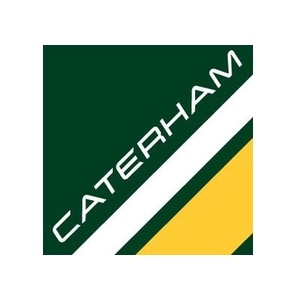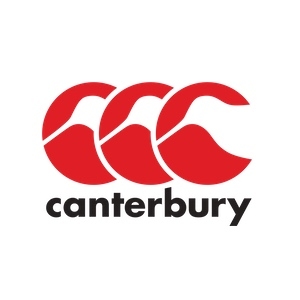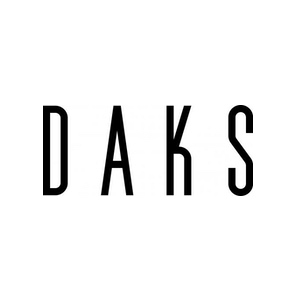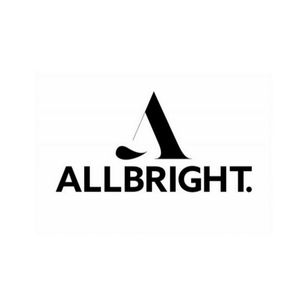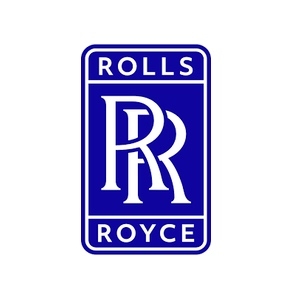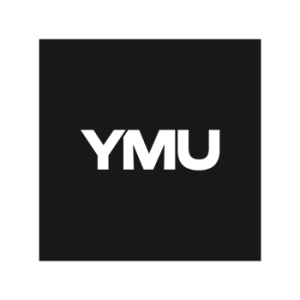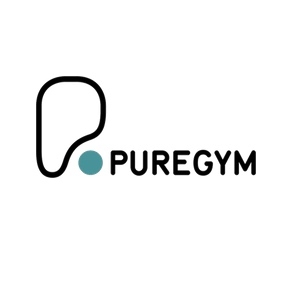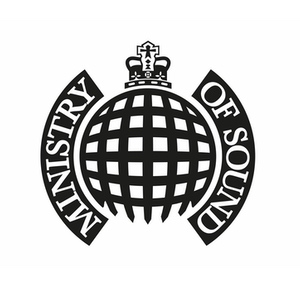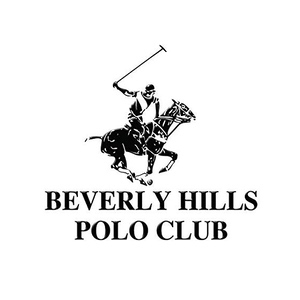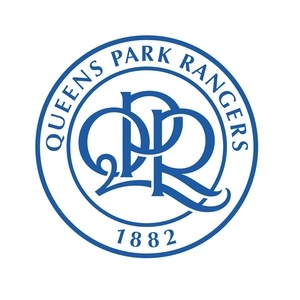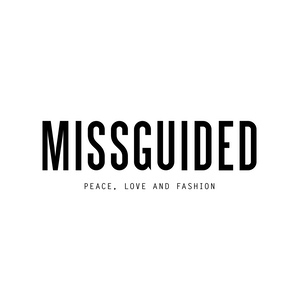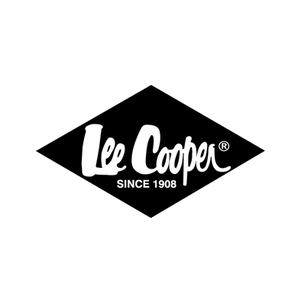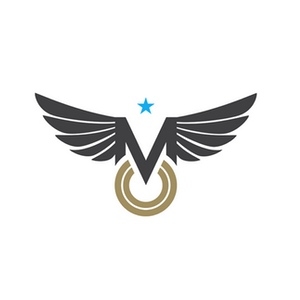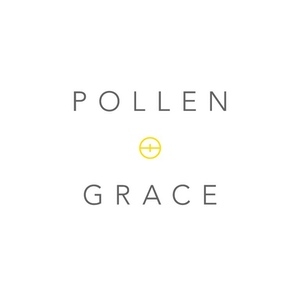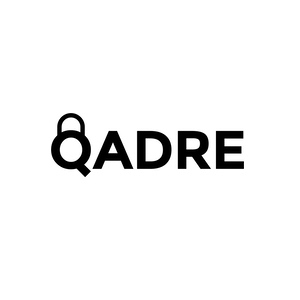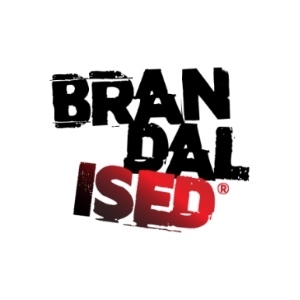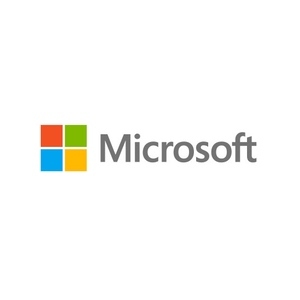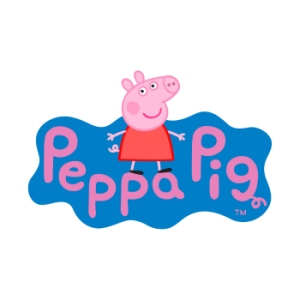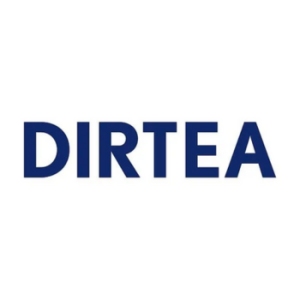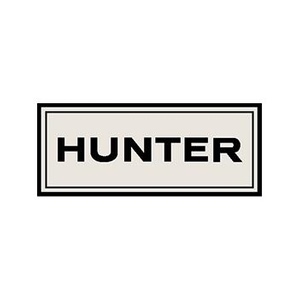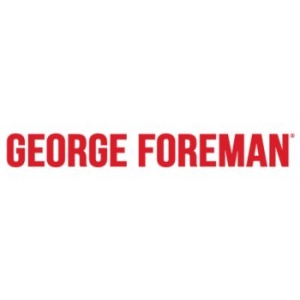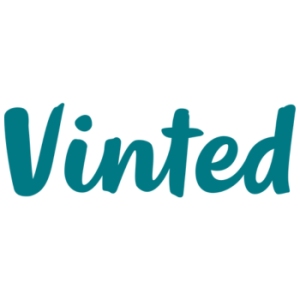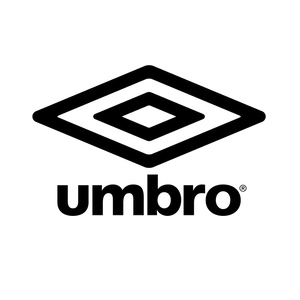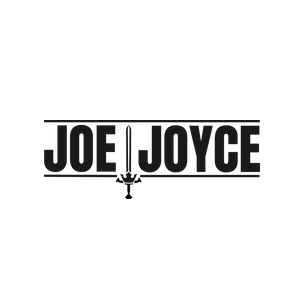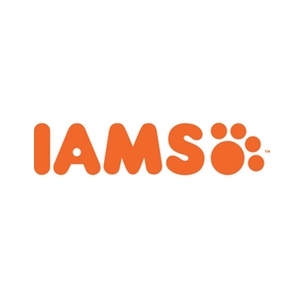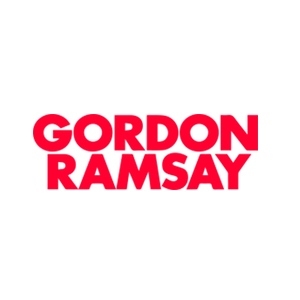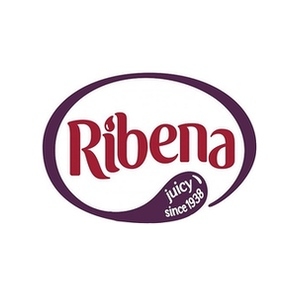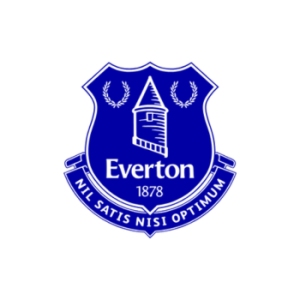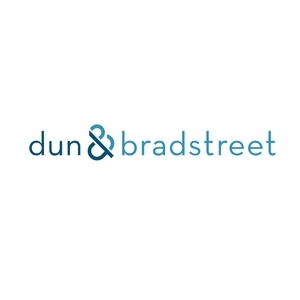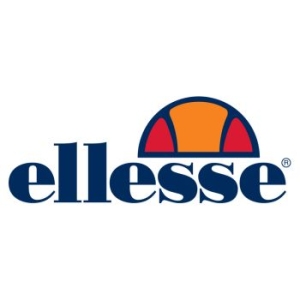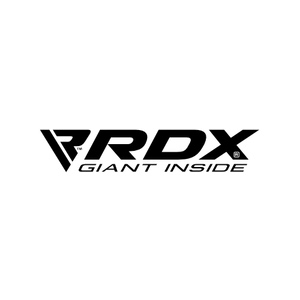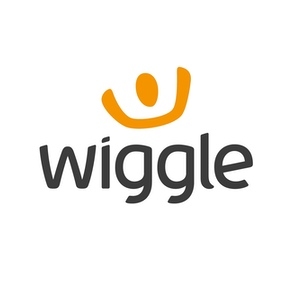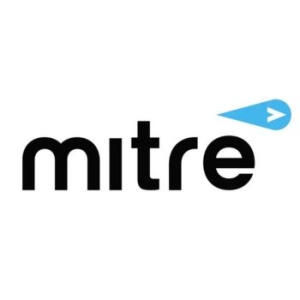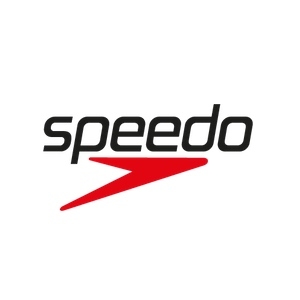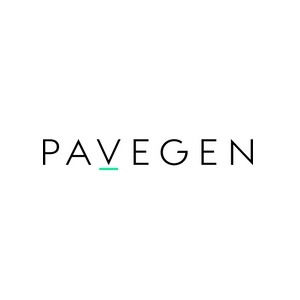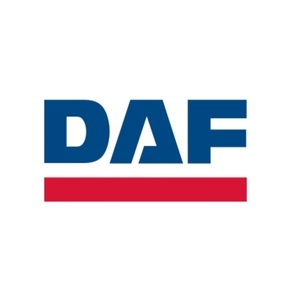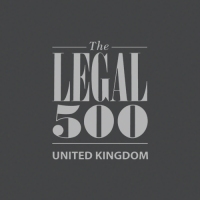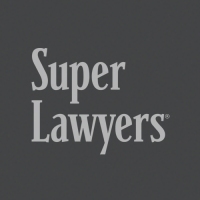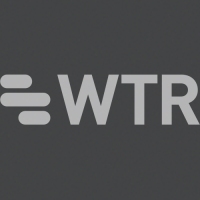Search-a-brandPowered by BRANDSMITHS
Search-a-brand assists you in researching, choosing and building a brand for your company, service or product. Try it out and search with the intended name!
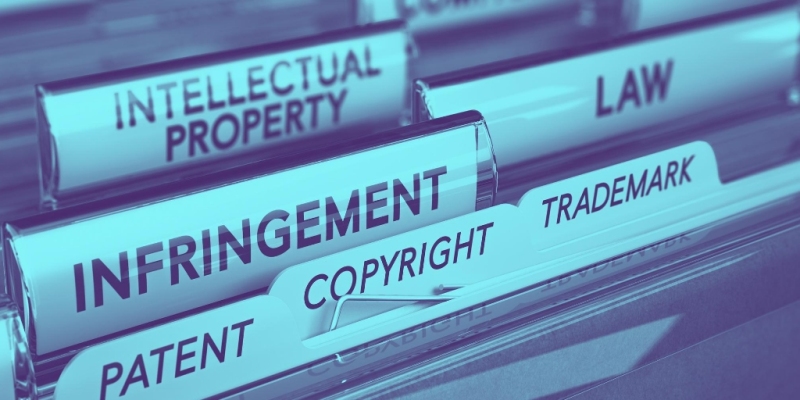
AG DECLARES ONLINE PLATFORMS ARE NOT LIABLE FOR INFRINGEMENT
Author:
Online platforms such as YouTube are not liable for communicating infringing works uploaded by users.
The opinion of AG Saugmandsgaard Øe, if followed by the ECJ will be a significant win for online platform operators. As the law currently stands online platform operators are not directly liable for the unlawful uploading of protected works by its users.
Background
The preliminary ruling relates to the joined cases concerning YouTube and Cyando, the brief details of which are as follows:
The YouTube Case
Frank Peterson, a music producer, brought proceedings against YouTube and its parent company, Google in relation to an uploading to the site in 2008 concerning tracks from the album ‘Winter Symphony’ by Sarah Brightman. The upload concerned several phonograms of which Mr Peterson claimed to hold copyright rights and which were uploaded to the site without his authorization.
The Cyando Case
Elsevier, a publishing group, brought proceedings against Cyando regarding the uploading to its file hosting and sharing platform, Uploaded. Elsevier argued that it had exclusive rights over several Medical Journals that were uploaded to the platform by its users and to which links to the content could be shared and viewed by users.
The Federal Court of Germany subsequently referred several questions in relation to the cases to the Court for a preliminary ruling.
Questions referred for a preliminary ruling
- “Does the operator of an internet video platform on which videos containing content protected by copyright are made publicly accessible by users without the consent of the rightholders carry out an act of communication within the meaning of Article 3(1) if
- the operator earns advertising revenue by means of the platform,
- the upload process takes place automatically and without material being seen in advance or controlled by the operator,
- in accordance with the conditions of use, the operator receives a worldwide, non-exclusive and royalty-free licence for the videos for the duration for which the videos are posted,
- in the conditions of use and during the upload process, the operator points out that copyright-infringing content may not be posted,
- the operator provides tools with which rightholders can take steps to block infringing videos,
- on the platform, the operator prepares search results in the form of rankings and content categories, and displays to registered users an overview that is oriented towards previously seen videos and that contains recommended videos which can be displayed to registered users,
- if the operator is not specifically aware of the availability of copyright-infringing content or, after having become aware, expeditiously deletes that content or expeditiously disables access thereto?
- Does the activity of the operator of an internet video platform under the conditions described in Question 1 come within the scope of Article 14(1) of the Directive?
- Must the actual knowledge of the illegal activity or information and the awareness of the facts or circumstances from which the illegal activity or information is apparent relate to specific illegal activities or information pursuant to Article 14(1) of the Directive?
- Is it compatible with Article 8(3) of the Directive if the rightholder is in a position to obtain an injunction against a service provider whose service consists of the storage of information provided by a recipient of the service, and whose service has been used by a recipient of the service to infringe a copyright or related right, only if such an infringement has taken place again after notification of a clear infringement has been provided?
- Is the operator of an internet video platform under the conditions described in Question 1 to be regarded as an infringer within the meaning of the first sentence of Article 11 and Article 13 of the Directive.:
- Can the obligation of such an infringer to pay damages pursuant to Article 13(1) of the Directive be made subject to the condition that the infringer acted intentionally with regard both to his own infringing activity and to the infringing activity of the third party, and knew, or ought reasonably to have known, that users use the platform for specific acts of infringement?’
Analysis
The AG proposes that the ECJ rule that online platform operators are not directly liable for the infringement of the exclusive right of authors to communicate their work to the public, when users of those platforms unlawfully uploaded protected works for the following reasons:
- Operators such as YouTube and Cyando do not carry out a ‘communication to the public’ on the basis that they are acting merely as an intermediary providing a service which allows its users to carry out a ‘communication to the public. Primary liability should be limited to the users uploading the content;
- Once initiated by the user, the uploading of a file to the platform is automatic. The operator does not determine or select the way in which the content is published;
- The Directive is not intended to govern secondary liability i.e. the liability of third parties in carrying out unlawful communications to the public; and
- Platform operators may benefit from the exemption from liability defence within the Directive for files stored at the request of users provided they did not play an active role which would give the operator knowledge or control over the content.
- Where the provider has actual knowledge of unlawful activity or content; or
- Is aware of facts or circumstances from which the unlawful activity or content is apparent.
Conclusion
It appears that the AG’s opinion strikes a fair balance between the rights of online platform operators and rights holders. Whilst it appears on the face of it that the opinion may be a blow to rights holders, they are still able to take action against online platform operators by obtaining an injunction where there is third party infringement. Therefore overall, rights holders retain a sufficient level of protection.
It is anticipated that the ECJ will follow the AG’s opinion and we look forward to the ECJ’s decision on the matter.
Brandsmiths is a trading name of Brandsmiths S.L. Limited which is authorised by the Solicitors Regulatory Authority, SRA No: 620298. Founding Partner: Adam Morallee
Privacy and Cookie Policy | Terms and Conditions | Complaint Procedure | Site by: Elate Global
